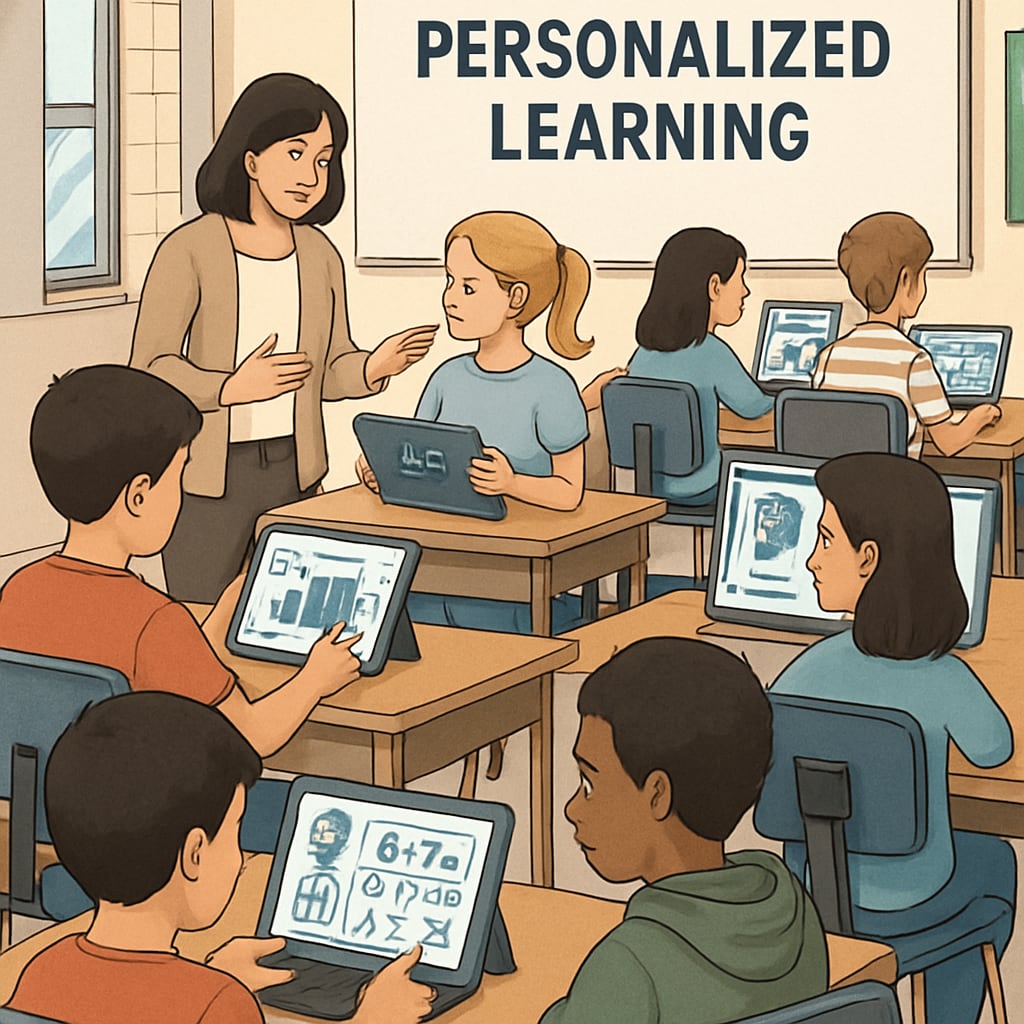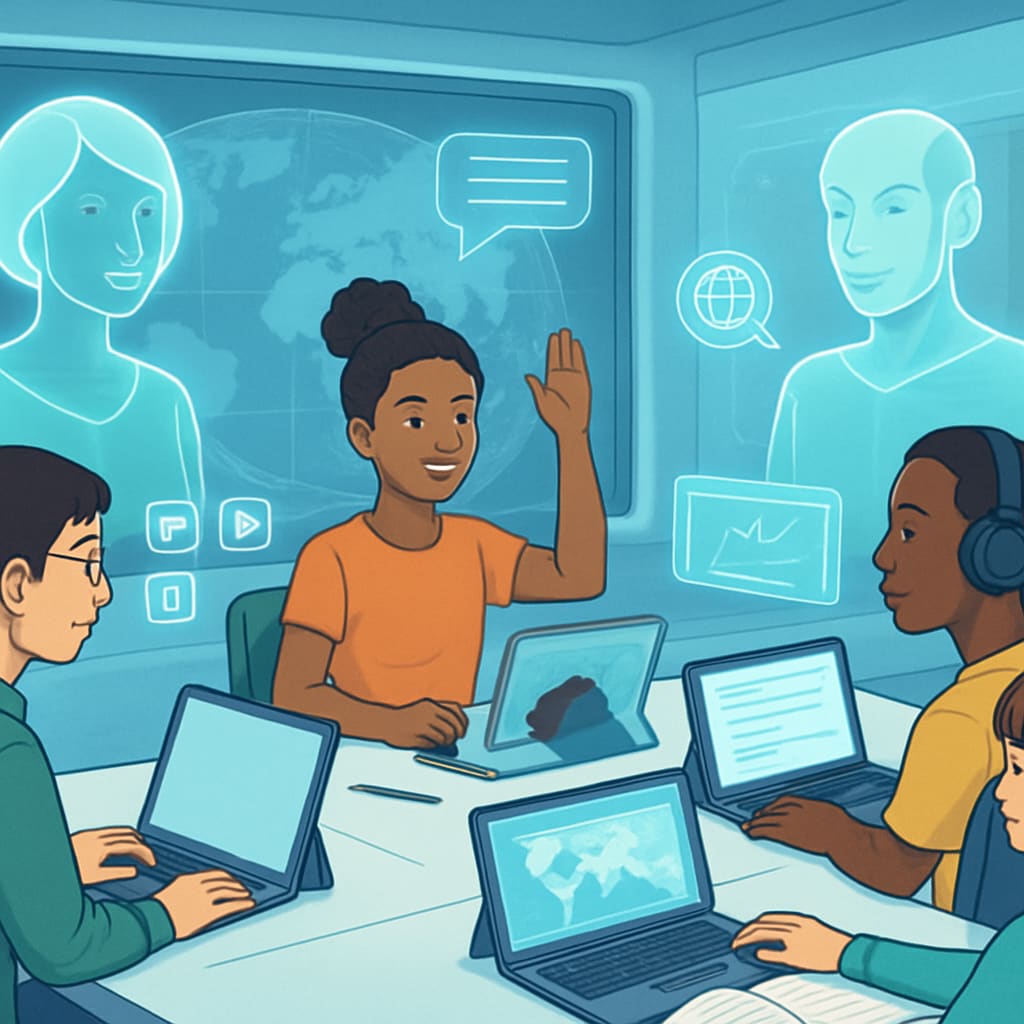Artificial intelligence (AI) is set to redefine the future of education. By 2030, AI-driven technologies will have transformed K12 education, ushering in an era of personalized learning, global resource sharing, and innovative teaching methods. This article delves into the key trends shaping the educational landscape and explores how educators can adapt to this intelligent ecosystem.
The Rise of Personalized Learning
One of the most significant impacts of AI on K12 education is personalized learning. AI algorithms can analyze individual student data—including learning pace, preferences, and areas of difficulty—to create tailored educational experiences. This approach enhances student engagement and improves learning outcomes by addressing unique needs.
For example, adaptive learning platforms use AI to dynamically adjust lesson difficulty based on student performance, ensuring neither boredom nor frustration. Teachers, therefore, transition from traditional instructors to facilitators, focusing on mentoring and creative problem-solving.

Global Education Resource Sharing
AI will also enable unprecedented access to global educational resources by 2030. Virtual tutors, powered by machine learning, can provide quality instruction to students in underserved areas, bridging gaps in educational access. Furthermore, AI-driven translation tools will make content accessible in multiple languages, fostering cross-cultural collaboration.
Platforms like Khan Academy and Coursera already demonstrate the potential of digital learning tools. In the coming years, advancements in AI will expand these platforms, offering immersive virtual classrooms and real-time assistance from AI tutors.

Challenges and Opportunities for Educators
The integration of AI in K12 education brings both challenges and opportunities for educators. On one hand, AI can automate administrative tasks—such as grading and attendance tracking—freeing teachers to focus on instructional design and student engagement. On the other hand, educators must continuously upskill to effectively incorporate AI tools into their teaching strategies.
Professional development programs focused on AI literacy will become essential. Schools and governments must invest in training educators on AI technologies to ensure their effective adoption. Additionally, ethical considerations, such as data privacy, will require careful oversight to protect student information.
Looking Ahead: The 2030 Vision
By 2030, AI is expected to create a seamless, interconnected education ecosystem. Students will benefit from highly personalized learning environments, while educators will gain powerful tools to enhance teaching. As a result, K12 education will evolve into a more inclusive, efficient, and innovative system.
However, achieving this vision requires collaboration across stakeholders—including governments, private sectors, and academic institutions. Together, they can ensure that AI’s potential is harnessed responsibly, creating equitable opportunities for all learners.
Readability guidance: This article uses short paragraphs, active voice, and transition words to ensure accessibility. Lists and concise explanations enhance clarity, while images illustrate AI’s impact on education.


